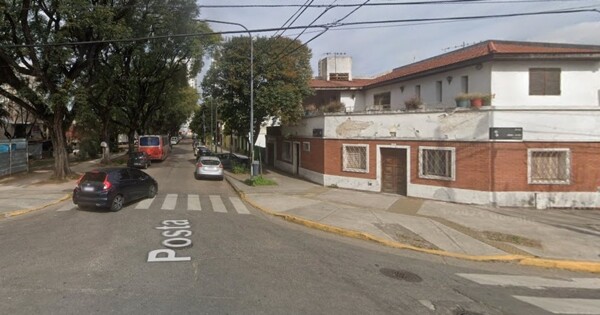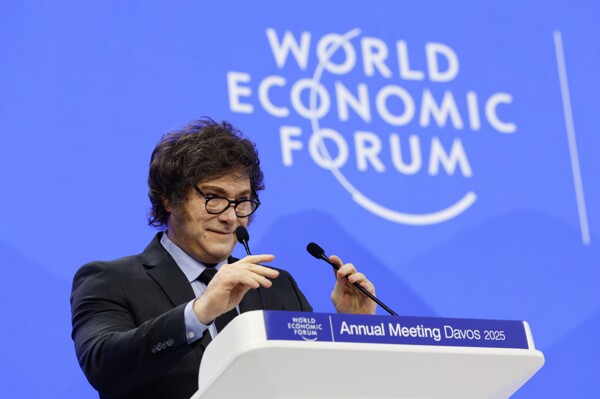
In the midst of increasing political uncertainty, the Chief of Cabinet, Guillermo Francos, confirmed that the ruling party still does not have the necessary votes in the Senate to proceed with the appointment of Ariel Lijo as a Supreme Court judge. Francos acknowledged that the possibility of the President resorting to a decree to finalize both nominations remains on the table.
Lijo's application has gathered the required signatures in the committee, but to be approved in the Senate, it needs to reach two-thirds of the votes, which appears to be a distant goal according to Francos. As for Manuel García-Mansilla, his situation remains in a political limbo as he has not obtained the necessary support in a previous stage.
Francos emphasized that President Milei will not back down in his intention to advance both candidacies and suggested that if legislative support does not materialize, the President could opt for a Decree of Necessity and Urgency to do so. The numbers in the Senate are tight, with Kirchnerism controlling 34 seats and needing 37 votes to block the measure.
The issue is expected to be addressed in the Senate next Thursday, although a formal session has not yet been called. Despite García-Mansilla not obtaining the required signatures in the committee, President Milei persists in his intention to appoint both Lijo and García-Mansilla.
For their part, the Unión Por La Patria (UP) caucus has warned that they will challenge any appointment made by decree, which could trigger a prolonged institutional conflict regarding the integration of the Supreme Court. The outcome of these negotiations will be crucial for the future of the Supreme Court and for the immediate political landscape in Argentina.
In relation to the legislative agenda, there is a preliminary agreement to address, in addition to Lijo's application, the suspension of the PASO elections and the "clean slate" project. The latter project is resisted by Kirchnerism, as they seek to prevent its advancement in an attempt to what they see as a bid to proscribe Cristina Kirchner. Their position has been clear, as Francos states: 'both or none.'














